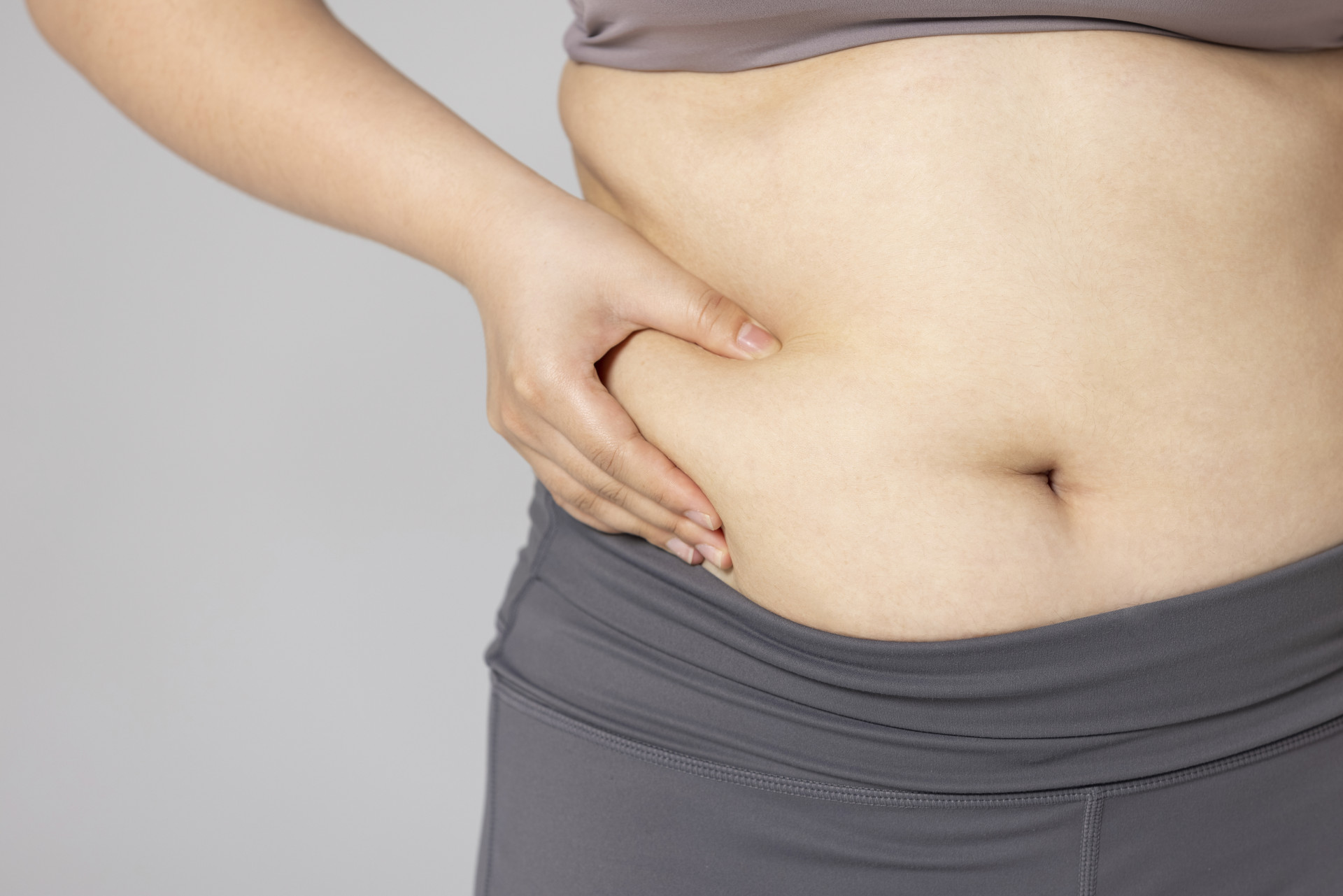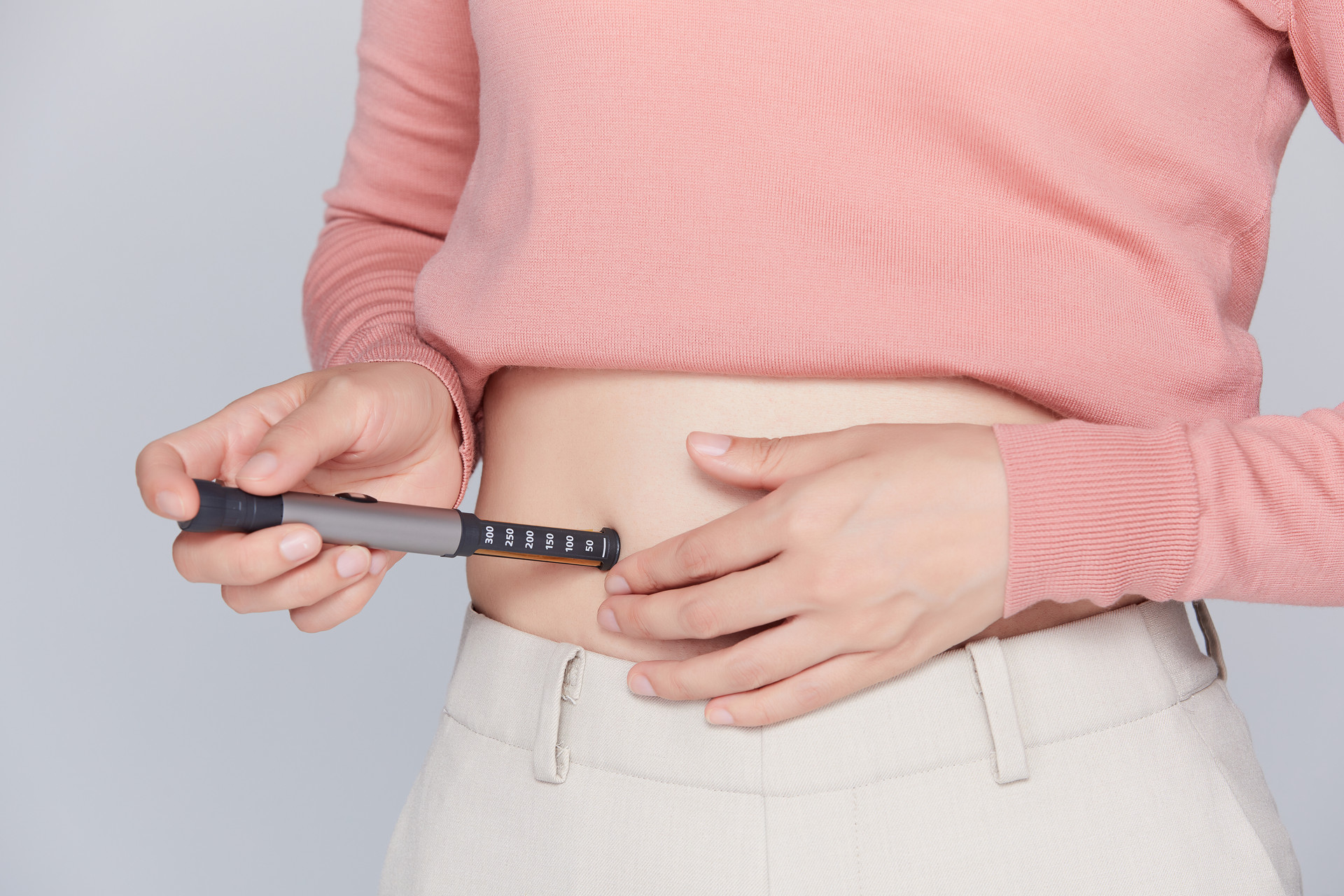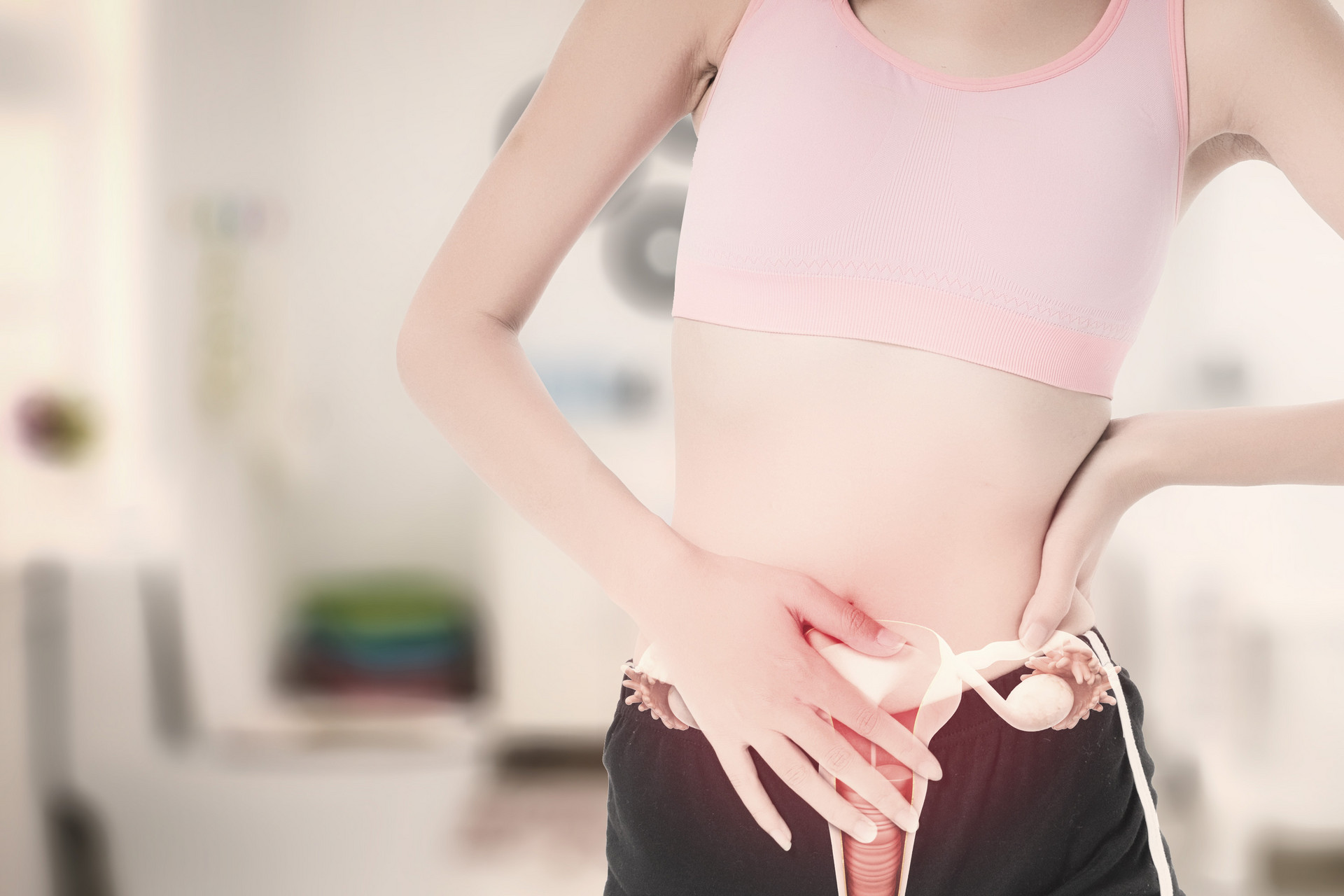In Chinese tradition, postpartum recovery is highly valued, and the practice of "sitting the month" is emphasized. However, many of the methods for sitting the month have been passed down from older generations, and while they have their merits, they also have their limitations. New mothers and family members often have doubts when faced with this information, so there is an urgent need for authoritative guidance on postpartum recovery.
Chills and Tremors: Lamb Meat to Warm and Boost Yang Qi
Many women experience symptoms such as chills, nausea, body tremors, fever, and thirst after giving birth. Most people believe that this is postpartum fever. In the Ming Dynasty, the famous physician Fu Qingzhu analyzed and diagnosed these symptoms in postpartum women, and concluded that they are caused by deficiency of Qi and blood, where the righteous Qi is unable to overcome the evil. In this case, eating foods that are beneficial for nourishing Qi and blood, such as lamb meat, can be helpful.
Lamb meat is not only a common ingredient, but it also has a significant warming and tonifying effect. Li Shizhen, in his book "Compendium of Materia Medica," once said, "Lamb meat can warm the middle and tonify deficiency, invigorate Qi, stimulate appetite, nourish kidney Qi, nourish the gallbladder and improve vision, treat deficiency, cold, and fatigue, as well as cold-related symptoms such as cough, chronic bronchitis, asthenic asthma, kidney deficiency impotence, cold pain in the abdomen, aversion to cold due to body deficiency, lumbosacral weakness, yellow complexion and thin muscles, deficiency of Qi and blood, and post-illness or postpartum physical weakness." Traditional Chinese medicine believes that lamb meat can not only protect against cold and wind, but also nourish the body, and it has a therapeutic and tonifying effect on all types of deficiency patterns, such as wind-cold cough, chronic bronchitis, asthenic asthma, kidney deficiency impotence, cold abdominal pain, aversion to cold due to body deficiency, lumbosacral weakness, yellow complexion and thin muscles, deficiency of Qi and blood, and post-illness or postpartum physical weakness. People from northern China like to eat lamb in the cold winter because the body lacks Yang Qi during that time, and eating lamb can replenish the body's Yang Qi to resist the cold and wind.
How can we better utilize the nourishing and tonifying effects of lamb meat and help postpartum women overcome the troubles caused by deficiency of Qi and blood? Here are several medicinal diets with lamb meat as the main ingredient. These medicinal diets have the effects of nourishing Qi and warming Yang, dispersing cold and relieving pain, enhancing resistance, and promoting the recovery of reproductive organs. They are suitable for postpartum women who sit the month in winter or have postpartum Yang deficiency, aversion to cold, cold pain in the lower abdomen, retained lochia, and excessive blood clots.
One recipe includes 1000g of lamb meat, 10g of cassia bark, 6g of ginseng, and 20g of Chinese angelica. The specific method is to first boil the lamb meat in boiling water for a moment, then cut it into pieces. Grind the ginseng into powder, and cut the cassia bark and Chinese angelica into slices. Wrap them tightly with gauze, add an appropriate amount of water, and cook the three medicinal ingredients with the lamb meat until they are tender. Remove the medicine pack. This soup has the effects of warming the kidney and uterus, nourishing Qi and blood, and activating blood circulation. It is suitable for postpartum women who sit the month in winter or have Yang deficiency with aversion to cold, cold pain in the lower abdomen, retained lochia, and excessive blood clots.
Another recipe uses 1000g of lamb meat, 10g of ginseng, 10g of Chinese angelica, 20g of rehmannia root, and 5g of cassia bark to make lamb meat and rehmannia soup. This soup can warm Yang, tonify Qi, nourish blood and Yin, and dispel blood stasis. It is worth mentioning that taking this soup within a week after childbirth can strengthen the body, promote the discharge of lochia, and facilitate the recovery of the reproductive organs. The method is to first wash the lamb meat and boil it in boiling water for a moment to remove the odor. Then cut it into pieces. Grind or slice the ginseng, wash the Chinese angelica, rehmannia root, and cassia bark, wrap them in gauze, put them in a pot with an appropriate amount of water, and cook them with the lamb meat until the medicine and meat are tender. Remove the medicine pack and it is ready to serve.
Nausea and Vomiting: Yellow Millet is Essential
Some women experience severe vomiting after giving birth. The root cause of this symptom is kidney Qi coldness. The stomach is closely related to the kidneys, and they can influence each other. Kidney coldness will inevitably lead to stomach coldness, and as the stomach is responsible for digestion, stomach coldness directly affects its normal function, leading to postpartum symptoms of nausea and vomiting.
Therefore, women can consume more foods that warm the stomach. Yellow millet is a suitable food for such women. Yellow millet is not only nutritious, but the layer of "rice oil" that floats on top when cooking millet porridge is even more nourishing. It is said that "millet oil can replace ginseng soup" in folk medicine. Moreover, yellow millet has the effects of treating nausea, heat-induced diarrhea, nourishing deficiency, invigorating the intestines and stomach, and nourishing kidney Qi. Li Shizhen clearly recorded this in his book "Compendium of Materia Medica."
Yellow millet not only nourishes the spleen and stomach but also nourishes the kidneys. Li Shizhen, a famous physician in the Ming Dynasty, called yellow millet the "valley of the kidney." He wrote in "Compendium of Materia Medica," "The taste of millet is salty and light, its Qi is slightly cold, and it is the valley of the kidney." This means that millet has a slightly cold nature, and its taste is slightly salty, and salty taste enters the kidneys. Therefore, millet also has the effect of nourishing kidney Qi and replenishing the primordial Qi.
Not only that, but millet also aids in sleep. "Compendium of Materia Medica" states that drinking millet soup "can enhance the function of the small intestine and has the effect of nourishing the heart and calming the mind." This is why millet is often consumed as a food therapy for calming and sleeping. It has a very good therapeutic effect on insomnia caused by poor gastrointestinal function.
During the delivery process, women consume a lot of energy and lose a considerable amount of blood, making them weak and fatigued after childbirth. They need to replenish their nutrition to promote the recovery of their bodies. However, due to the weak gastrointestinal function of postpartum women in the first few days after childbirth, it is only appropriate to eat light and easily digestible foods. Cooking millet into porridge not only provides rich nutrition but also facilitates absorption. In addition, what postpartum women need most is rest, and drinking millet porridge can improve sleep quality and make them feel calm, which is beneficial for physical recovery and helps prevent postpartum depression. Therefore, millet naturally becomes the first choice for postpartum women during the sitting month.
Postpartum Edema: Ginger Brown Sugar Soup
Postpartum edema is a common condition among women after childbirth. This is caused by the deficiency of Qi and blood, as well as the insufficiency of the liver and kidneys, which leads to the rise of deficient heat. To treat this condition, blood should be nourished to support the liver, and essence should be replenished to generate blood. Only then can the essence and blood be sufficient, and Qi can flow smoothly. As a result, the diseases of cold and heat, coughing, and edema will naturally subside. Ginger brown sugar soup has a good effect on postpartum edema. The method for making ginger brown sugar soup is simple: wash a portion of ginger with the skin and pat it, then put it in a pot with brown sugar, add an appropriate amount of water, boil it on high heat, and then simmer it for 45 minutes. Take it while hot. Ginger brown sugar soup is not only convenient to make but also effective, so it is recommended for postpartum women to drink it during the sitting month.
In fact, in addition to ginger brown sugar soup, postpartum women can also choose to consume Job's tears and red bean soup. The main ingredients are Job's tears (20g), red beans (30g), and a little rock sugar. The specific method is to soak the Job's tears and red beans in water for about half a day, then drain them. Cook the Job's tears until they are half soft, add the red beans, and cook until they are done. Then add the rock sugar, dissolve it, turn off the heat, and let it cool before consuming. Job's tears in red bean soup are commonly used diuretic and dampness-dispelling herbs in traditional Chinese medicine. "Compendium of Materia Medica" specifically states, "Job's tears have a sweet and slightly bland taste, a slightly cold nature, and can penetrate and dispel dampness. They are the valley of the kidneys." In the book "Duxingfang," there is also a record of using crushed Job's tears and yuli kernels to cook rice to treat edema and acute asthma. Red beans are an excellent medicine for invigorating the spleen, stopping diarrhea, promoting diuresis, and reducing swelling. They are suitable for people with various types of edema. "Food Therapy Materia Medica" specifically states that when cooked with crucian carp, red beans can treat edema and ascites. Rock sugar, according to traditional Chinese medicine, has the effects of moistening the lungs, stopping cough, clearing phlegm, and reducing heat. The combination of red beans and Job's tears not only eliminates edema but also has the effect of beautifying the skin, making it a beneficial choice for postpartum women during the sitting month.











